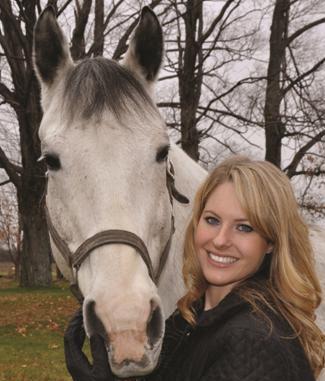Wet paddocks not good for horses

Dear Vet,
I don’t own a horse, but enjoy visiting with the horses owned by several of my neighbors. After the heavy rains recently, a couple of them had flooded fields, and mosquitoes and flies became a problem for all of us. I wonder what effect this has on the horses. Is it OK for them to stand in mucky wet fields full of insects, even with fly masks? – R.C.
You are correct to be concerned about the effect of wet ground and flies on horse health. Standing in wet ground predisposes horses to foot diseases such as sole abscesses and a bacterial infection called thrush that can cause them to become lame.
In the Southwest, flies are carriers of pigeon fever, which causes large, painful bacterial abscesses on the chest and abdomen; vesicular stomatitis, a foreign disease that causes blisters around the mouth; conjunctivitis, or eye infection; and habronemiasis, or “summer sores,” hard-to-treat wound infections and those around mucus membranes.
Another disease we have been seeing with increased frequency is culicoides hypersentivity, or “sweet itch.” This is an extreme allergic reaction to the saliva of no-see-ums (Culicoides gnats). The only effective treatment is steroid injections.
Fly masks and sheets and topical fly spray can help protect horses from fly bites and diseases, but the most effective control is appropriate manure management. Prompt removal from paddocks and stalls will significantly reduce the number of flies, because fly larva don’t have time to hatch.
Manure can be disposed of in trash containers for routine trash pickup. Spreading manure on fields as fertilizer is a common farm practice that keeps flies down by allowing it to dry out. When the ground stays wet, however, this is not effective.
Another option is adding fly-control products to horse feed, which prevent fly larva from hatching. These products have become very effective and safe for both horses and humans. Another option that also can be used by neighbors is fly predators, a type of fly that does not bother horses or people and preys on common stable flies.
Standing water is another issue, as it is a breeding ground for mosquitoes, which are vectors to very serious diseases. But unlike diseases spread by flies, mosquito infections can be prevented through routine vaccinations.
Farms that make a conscientious effort to remove manure daily, take it off the property, and use ancillary fly control methods have significantly fewer flies and happier, healthier horses and neighbors.
Dr. Lora Howell looks after horses at Meddleton Equine Clinic. Reach her at drhowell@meddletonequine.com.
